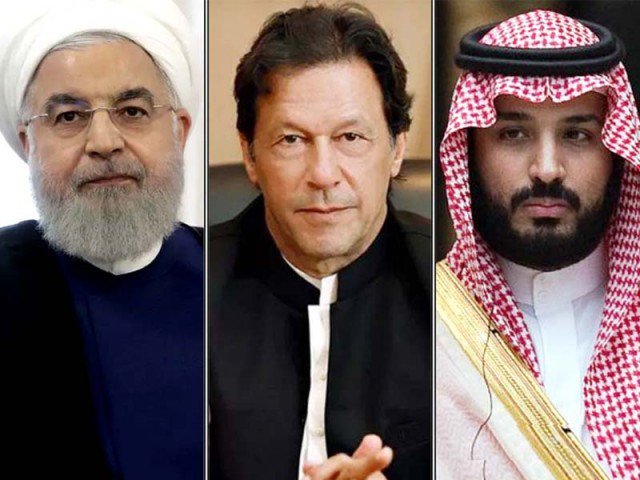
But here is the mystery: why has the Prime Minister, who is pushing for dialogue and reconciliation between Iran and Saudi Arabia and also seeking peaceful end to the Afghan war, been following policies at home exactly opposite to his approach abroad? Why this paradox? Why are Imran Khan and his backers so averse to the idea of resolving domestic issues through dialogue and reconciliation? This, even though the kind of challenges Pakistan has been facing on the domestic front, can’t be tackled without broader national consensus.
It is because of deepening polarisation. For the first time we saw the government struggle to evolve a consensus on the Kashmir dispute against the backdrop of India’s decision to strip the region of its special status. In the past, at least there was an effort to take the opposition on board on issues of national importance. Take for instance the APS attack in December 2014. When the gruesome killing of around 140 schoolchildren took place, Imran was staging a sit-in at D-chowk in Islamabad. The very next day he was in Peshawar after he was invited by then prime minister Nawaz Sharif for an all parties conference to deal with the tragedy.
But, the PTI government has abandoned that approach. The lacklustre joint session did discuss Kashmir, but the Prime Minister never bothered to convene an APC on the subject. Political differences between the current government and the opposition are so wide that it is difficult to imagine any rapprochement between the two sides even on issues of national importance. The primary reason is perhaps the PTI government’s approach to deal with its political rivals. Prominent opposition leaders are in jail while the Prime Minister still wants to see more people behind bars. The government wants to change laws in order to ensure that former prime minister Nawaz Sharif and former president Asif Ali Zardari are not given any special status in jail.
This only shows the mindset of the current government or those who are at the helm, though current scenario warrants a policy of reconciliation. But reconciliation doesn’t mean giving reprieve to people who may be involved in mega-corruption scandals. It means setting aside personal grudges for the country’s sake. Imran may be charismatic and have public appeal but perhaps he has an element of vengeance in him that prevents him from seeking the same conciliatory approach that he has espoused in the case of Iran-Saudi conflict.
Published in The Express Tribune, October 21st, 2019.
Like Opinion & Editorial on Facebook, follow @ETOpEd on Twitter to receive all updates on all our daily pieces.













COMMENTS
Comments are moderated and generally will be posted if they are on-topic and not abusive.
For more information, please see our Comments FAQ